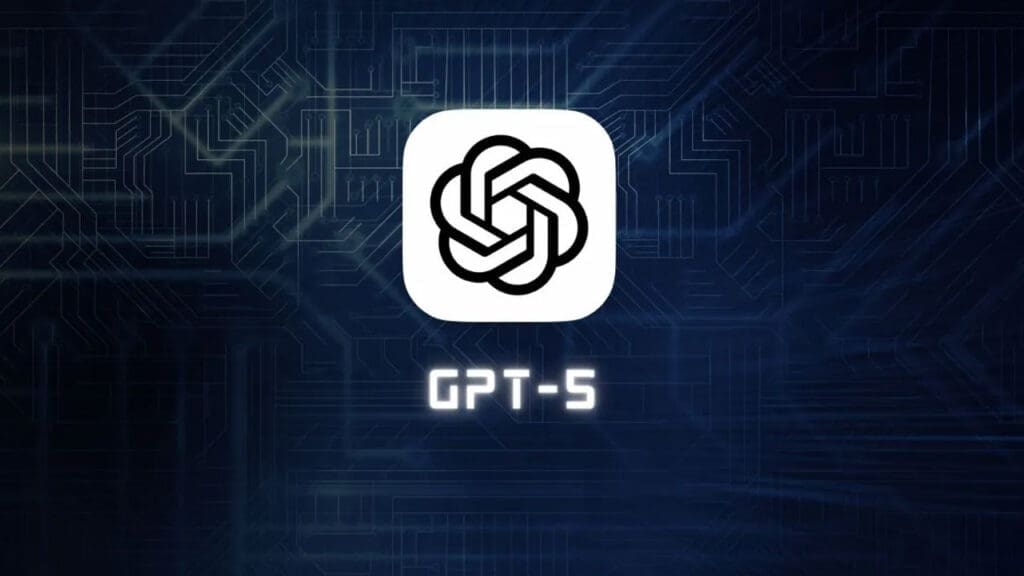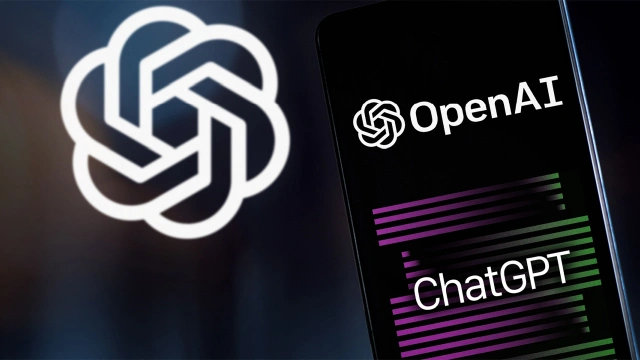OpenAI recently introduced its ChatGPT teacher guide and launched a free online course designed to help educators integrate AI-powered tools into their classrooms. While this initiative offers valuable insights into the pedagogical applications of artificial intelligence, it has also raised significant concerns about privacy and security.
The Purpose of OpenAI’s Teacher Guide and Online Course
The course, developed in collaboration with Common Sense Media, aims to provide educators with a foundational understanding of artificial intelligence and strategies for using AI tools effectively in educational settings. Many participants have reported gaining new ideas and learning practical strategies from the program.
Despite its benefits, the course has not been without criticism, particularly regarding its perceived lack of emphasis on data privacy and security.
Key Concerns Raised by Educators


Several educators have voiced concerns about the course’s comprehensiveness, particularly in addressing critical issues:
Privacy Issues: Lance Warwick, a lecturer at the University of Illinois, criticized the course for failing to delve deeply into how teachers’ and students’ data might be handled.
Transparency: Sin à Tres Souhaits from the University of Arizona pointed out that the program does not adequately explain the extent to which OpenAI could access or influence the course content.
Practical Guidance: Educators have also expressed uncertainty about how to responsibly implement AI tools in ways that safeguard student data and comply with privacy regulations.
OpenAI’s Response
In response to these concerns, OpenAI has emphasized its commitment to offering ongoing training to help educators use AI tools responsibly. The company states that it is working to address privacy concerns and provide clearer guidance for teachers.
The Role of AI in Education: A Complex Issue


While OpenAI’s initiative has the potential to transform education technology, the controversy highlights the challenges of integrating AI into classrooms. Questions surrounding data security, ethical use, and transparency remain barriers to widespread adoption.
OpenAI’s AI course for educators is a step forward in promoting the use of artificial intelligence in education, but it has also sparked critical discussions about privacy and security. Addressing these concerns will be essential to building trust and ensuring that AI tools can be used effectively and responsibly in educational environments.
You May Also Like
Follow us on TWITTER (X) and be instantly informed about the latest developments…
Copy URL










